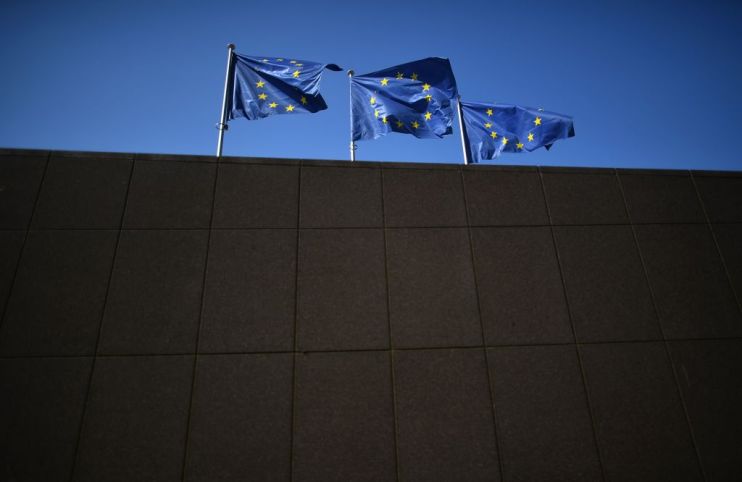Eurozone inflation falls to well below ECB target in July

Prices in the Eurozone rose by just one per cent in July, official figures showed today, far below the European Central Bank’s (ECB) inflation target, making it increasingly likely the Bank will relaunch its giant bond-buying programme next month.
Read more: US and European stocks buoyed by ECB rate cut expectations
The one per cent annual rate of inflation for July was down from 1.3 per cent in June and below an initial estimate of 1.1 per cent. It comes despite the ECB’s record-low interest rates that have aimed to boost price growth to around two per cent.
Inflation was just 0.3 per cent in Italy and fell by 0.7 per cent in Portugal. In Germany, Europe’s biggest economy, inflation fell to 1.1 per cent in July from 1.5 per cent in June.
The service sector made the highest contribution to inflation in another sign that household spending is propping up the zone’s economy while its manufacturers struggle.
Rosie Colthorpe, European economist at consultancy Oxford Economics, predicted the ECB would deliver “quite a comprehensive stimulus package” and relaunch its bond-buying activities known as quantitative easing (QE) next month as well as cutting interest rates further into negative territory.
QE is an unconventional monetary policy by which a central bank buys up corporate and government debt to lower borrowing costs and provide firms with cheap cash.
With the European economy faltering and inflation rates stubbornly low, the ECB has dropped strong hints that more QE is coming. The Bank ended the policy in December 2018.
“Wages are going up quite a lot in the Eurozone… but that doesn’t seem to be passing through to inflation,” said Colthorpe. “We’ve seen lots of firms compressing their margins instead of passing through wages to prices.”
Yet analysts at JP Morgan doubted how effective more bond-buying would be as bond yields are already in negative territory across Europe, suggesting demand cannot get much higher.
“It is hard to see further asset purchases providing much incremental stimulus,” they said in a note. “It is hard to see a shift of sufficient magnitude to arrest the downward momentum in the region.”
Read more: Investor confidence in Eurozone hits five-year low
“The benefit of rates cuts will be limited without a credible signal that the ECB is willing to move far further into negative territory – to minus 100 basis points [minus one per cent] or lower.”
(Image credit: Getty)